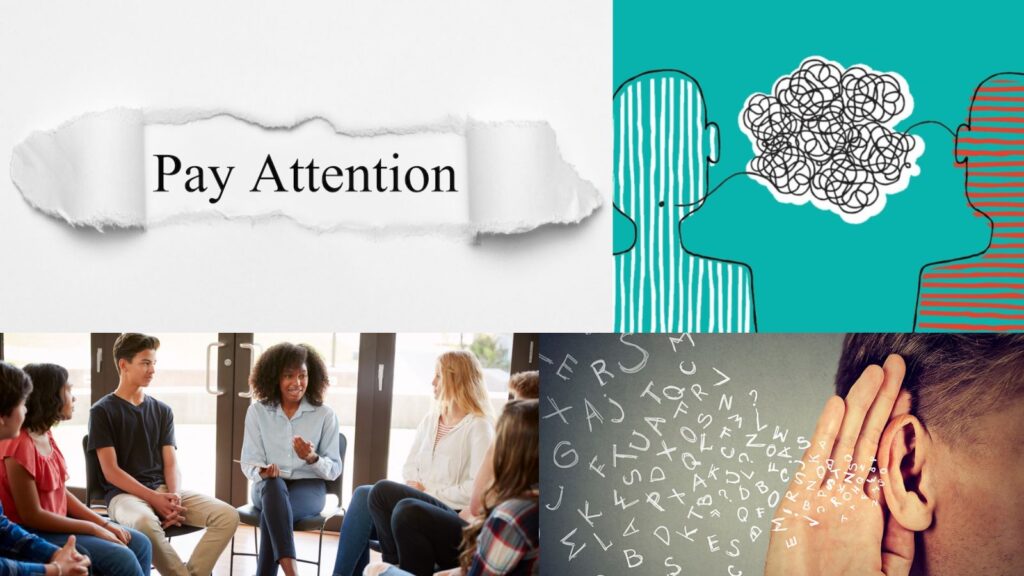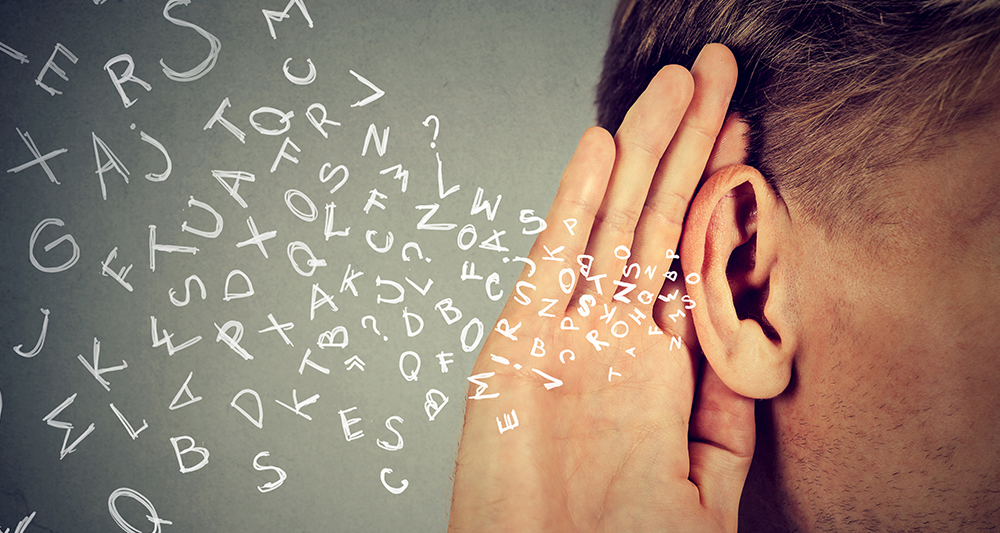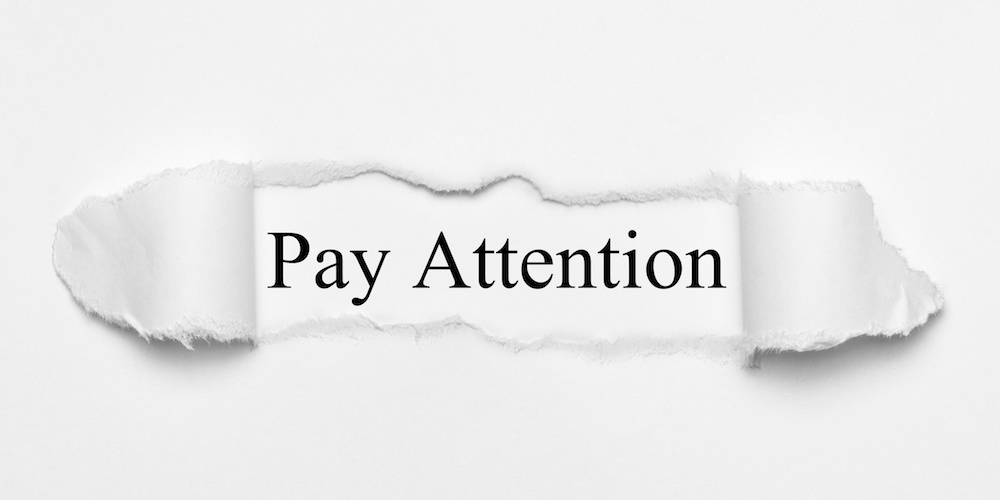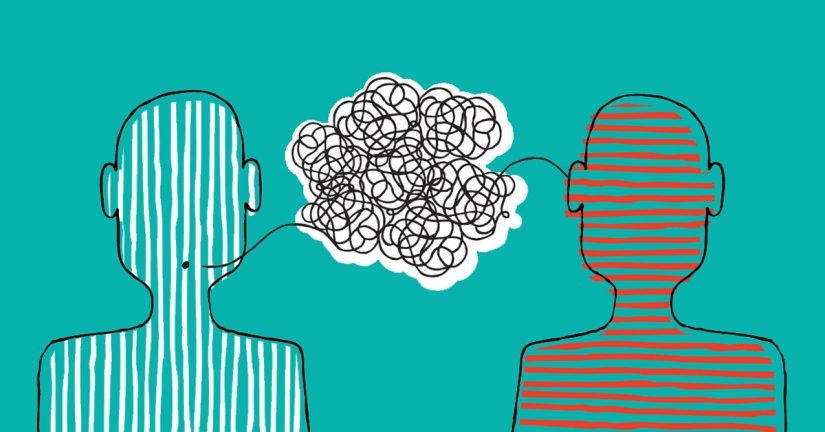8 Habits That Help You Build Strong Communication Skills

8 Habits That Help You Build Strong Communication Skills
Good communication isn’t just about talking—it’s about connecting. Whether you’re in a meeting, chatting with friends, or navigating a tough conversation, the way you communicate can shape your relationships and success. The ability to express yourself clearly, listen deeply, and respond thoughtfully is a skill anyone can develop—and one that pays off in every area of life.
Here are eight powerful habits that can strengthen the way you communicate and help you build deeper, more meaningful interactions with others:
1. Listen to Understand, Not Just to Respond

Great communication starts with listening. Active listening means giving someone your full attention—no distractions, no jumping to conclusions. It’s about hearing not just the words they say, but the meaning behind them. When you listen this way, people feel valued and respected.
2. Be Clear and Straightforward
Clarity matters. Using simple, concise language helps ensure your message gets across without confusion. Avoid jargon or over-explaining. When you’re clear and to the point, it’s easier for others to understand what you’re trying to say.
3. Pay Attention to Body Language and Tone

What you say is important, but how you say it can be just as powerful. Your body language, facial expressions, gestures, and tone of voice all play a role in communication. Being aware of these nonverbal signals—and reading others’ cues—can help prevent misunderstandings.
4. Show Empathy and Respect for Different Perspectives
Strong communicators don’t just talk—they connect. Showing empathy means trying to see things from someone else’s point of view. It helps build trust, reduces tension, and demonstrates that you value the other person’s experiences and feelings.

5. Offer Constructive Feedback
Feedback is essential for growth—but it needs to be delivered in the right way. Instead of vague criticism, give feedback that is specific, kind, and actionable. Focus on improvement rather than fault-finding, and always aim to encourage, not discourage.
6. Develop Conflict Resolution Skills
Disagreements are a part of life. Knowing how to handle them calmly and respectfully is a valuable communication skill. Focus on solutions rather than blame, listen actively, and strive for mutual understanding when resolving conflicts.
7. Adapt Your Communication Style

Everyone communicates differently. Some people prefer detailed explanations, while others just want the bottom line. Adjusting your communication style to fit the person or situation shows emotional intelligence—and helps you get your message across more effectively.
8. Keep Practicing and Stay Open to Learning
Like any other skill, communication improves with practice. Stay open to learning from your experiences, from others’ feedback, and from observing effective communicators. Over time, these habits can become second nature.
Strong communication isn’t a one-size-fits-all approach—it’s a dynamic set of habits that evolve as you grow. By being mindful of how you express yourself and how you connect with others, you can build stronger relationships, reduce misunderstandings, and open the door to more opportunities—both personally and professionally.












